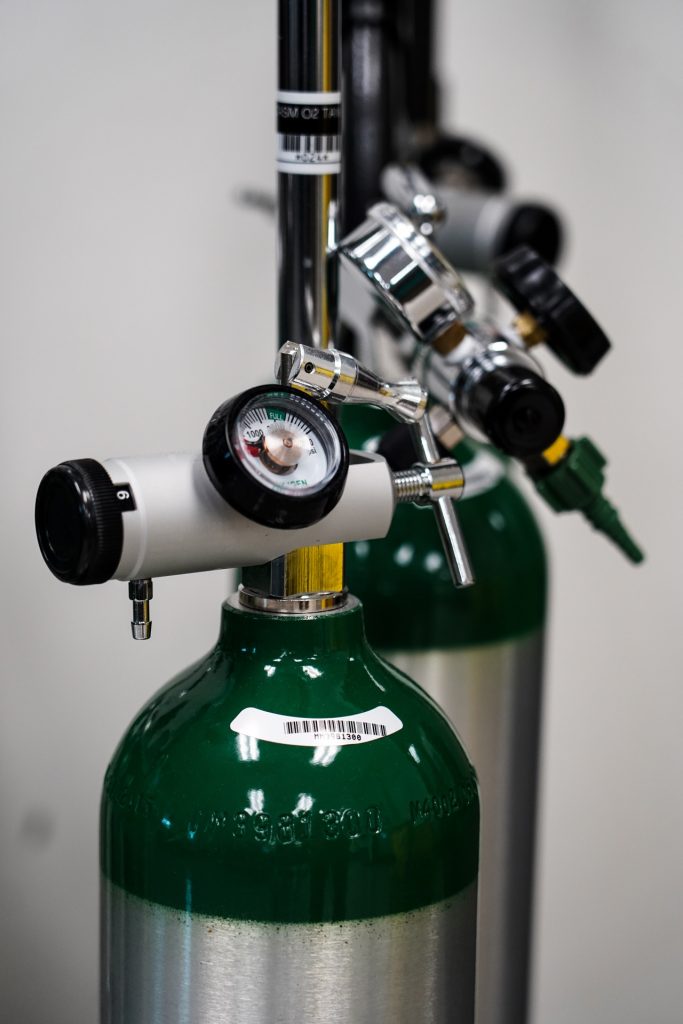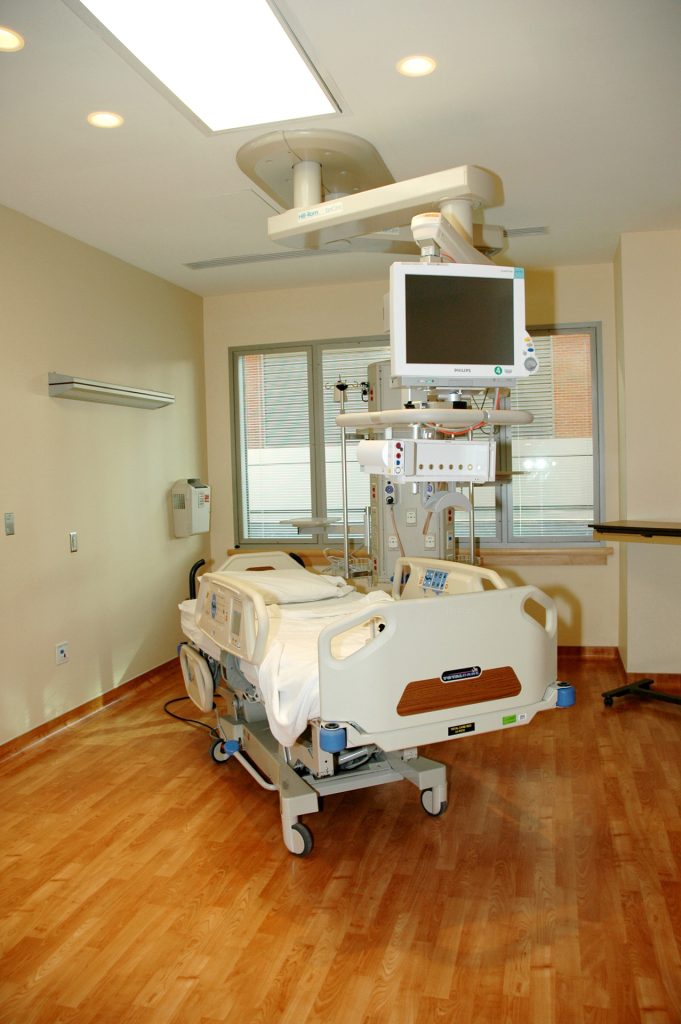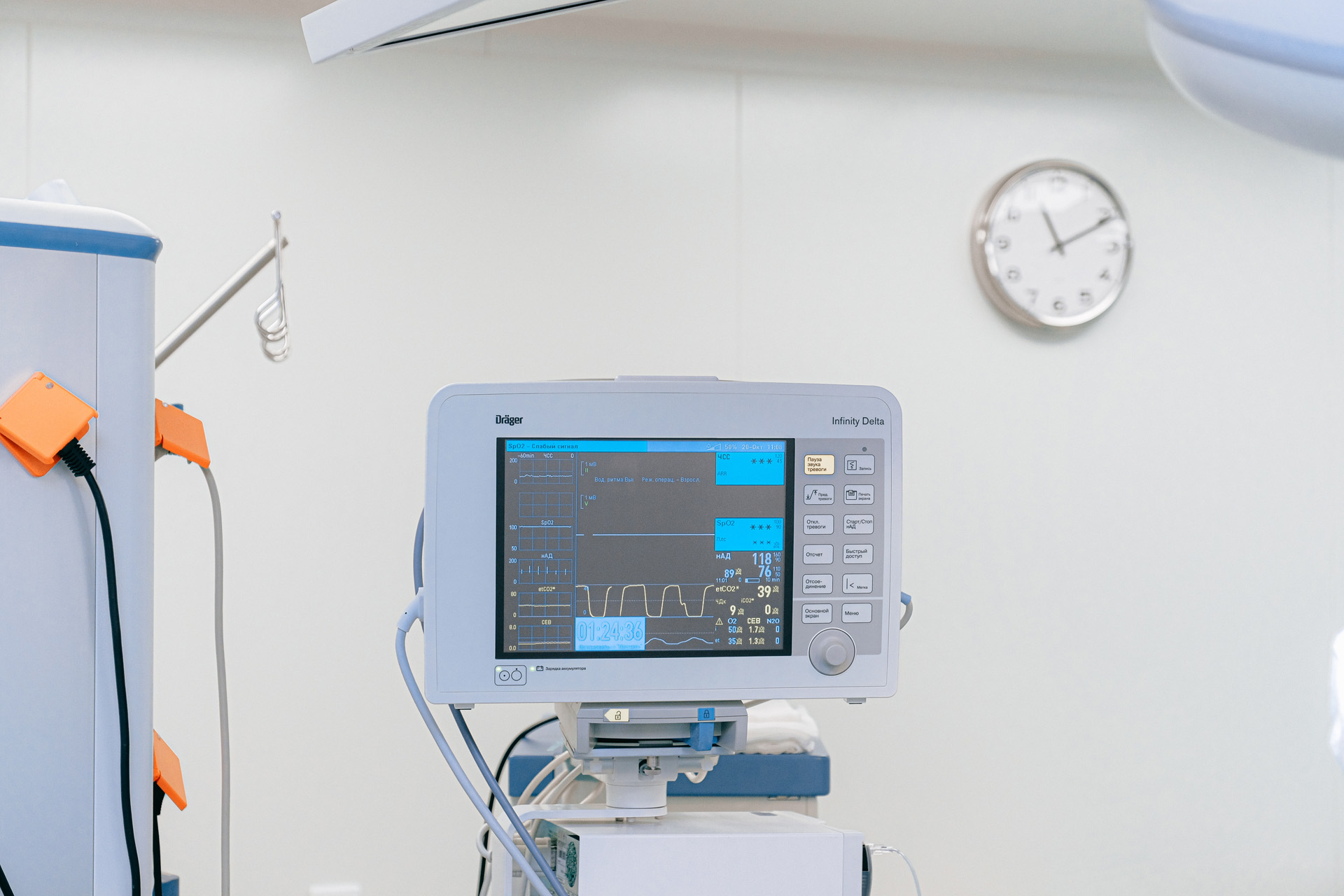Are you a medical equipment store looking to diversify your business? Rental for medical equipment is a great way to expand and grow in the industry. Increasingly, more and more hospitals, clinics, and healthcare providers are turning to short-term rentals when they need additional supplies or rarely used items quickly.
Exploring the opportunities of renting out medical equipment can add another layer of service to your already stellar reputation within the healthcare market. From researching new products you could offer for rental, creating marketing campaigns tailored specifically for this type of offering, and setting up processes around collecting fees from customers – there are plenty of ways you can get started to rent equipment today! Keep reading below as we uncover further insights into why using rental services instead of outright purchasing is beneficial.
Overview and Benefits
Medical equipment rentals can benefit both providers and customers. Renting these items provides financial flexibility for healthcare providers, as they don’t have to bear the cost of purchasing expensive items that may only be used for a short period of time. It also allows them to trial new technology before investing.
For medical rental stores, the advantages are even greater. Not only do you have access to a completely different customer pool than when selling directly, but you also have the potential to generate extra income through regular rentals. Furthermore, as your business expands and grows, you can increase your inventory to accommodate an ever-growing customer base.
Ultimately, medical equipment rental can be a great way to diversify your business and increase your profits. With the right strategies, it can be an effective and lucrative revenue source for years.

Regulatory environment
Before renting out any medical equipment, it’s important to understand the regulatory environment surrounding these items. In addition to Federal regulations, local laws often must be followed when offering rentals in certain states or countries. It’s best to consult an expert if you’re unsure what is required before looking for items.
The FDA must approve all medical devices before they can be sold or rented. This includes rental stores, so you’ll need to research each device and ensure it meets the necessary criteria. You may also need to obtain special permits depending on your location and the types of equipment.
Ensuring all equipment is properly labeled and tracked throughout its rental period is also important. This will help you maintain a record of the person who rented out each item and when it was returned. This can help prevent potential liability issues if a piece of equipment malfunctions or causes harm.
Assessing Opportunity and Risk in Entering the Market
Before entering the market, it’s important to consider potential opportunities and risks. While it can be a lucrative venture with high returns, there are also significant upfront costs associated with acquiring inventory and setting up a rental store.
On the other hand, this can be a great way to diversify your business and take advantage of a potentially lucrative market. With some research and planning, you can develop an effective strategy that reduces risks while capitalizing on opportunities.
Preparing Your Business for Success
Once you decide to pursue medical equipment rental, the next step is preparing your business for success. This includes developing a comprehensive marketing strategy that targets potential customers and creating an efficient and secure system for tracking inventory and bookings.
It’s important to create clear policies regarding how customers will pay for rentals and when equipment must be delivered or returned. This helps ensure everything runs smoothly while protecting your business from legal issues.

Establishing a Pricing Strategy for Rentals
Once you have established your rental business and determined the right types of medical equipment to offer, it is important to determine an appropriate pricing strategy. As with any rental business, pricing will be based on various factors, such as the type of equipment, the duration of the rental, any additional services that may be included in the rental, and any other special features that make the equipment particularly convenient or attractive.
Finding Quality Suppliers & Partners to Ensure You Get the Best Deals
In addition to pricing, it’s also important to find quality suppliers and partners who can provide you with the best deals on medical equipment rental. This includes researching potential vendors to ensure a good reputation and negotiating contracts in your business’s best interest. You should also investigate which rental companies offer warranties and discounts on larger orders and ask about their return policies.
Explore Different Types of Medical Equipment You Can Offer on a Rental Basis
Explore the different types of medical equipment you can offer on a rental basis. This includes basic items like wheelchairs, hospital beds, and specialized equipment like MRI machines. Think about your customers’ needs that you can meet with the rental. Consider renting out imaging equipment, mobility aids, and other specialized medical supplies.
Be creative in the types of rentals you offer. You may see clients find new opportunities by thinking outside the box. For example, portable MRI machines are often rented short-term, but what about offering longer-term items for home use, such as hospital bed rental? You can also rent out specialty items such as bariatric hospital beds, oxygen tanks, patient lifts, and infusion pumps.
Many companies also offer professional services that help renters install, train, and maintain certain items. Consider researching these services to see if they are a good fit for your rental business.
Identifying Your Core Customers for Rental Solutions
Identifying your core customers is also essential to success with medical equipment rental. Think about who you want to target: Are they hospitals, private clinics, home health agencies, or individuals? Who are their decision-makers? Knowing the answers to these questions can help you tailor your marketing campaigns and develop an effective business plan.
Opportunities
Expand Your Customer Base
By offering rentals for medical equipment, you can attract a wider range of customers, including hospitals, clinics, and individuals. Hospitals and clinics may need long-term rentals of equipment for patients, while individuals may require a rental for home care or to assist with recovery from surgery.

Generate Additional Revenue Streams
This can create a new revenue stream for your family member or business. It will also help you to make the most of underutilized equipment by renting it out to those who need it.
Increase Customer Loyalty
By offering medical equipment, you can provide a valuable service to customers who may need it in their time of need. This can help to build customer loyalty and encourage repeat business.
Keep Up with Industry Trends
As healthcare evolves, so does the need for medical equipment. Offering rental equipment lets you keep up with the latest trends and technologies without investing in new equipment outright. Items like full electric hospital beds, lift chairs, and battery-operated wheelchairs can help you stand out in the market.
Challenges
Trusted Suppliers
Finding the right suppliers is one of the biggest challenges of offering medical equipment rental. Medical equipment can be expensive and quickly become cost-prohibitive without a reliable supplier. Some suppliers may require large minimum orders, which could strain your resources if you’re just starting out.
Quality of Service
Another challenge is ensuring your customers receive quality products that meet their needs. You’ll need to research the latest and greatest medical equipment and perform regular maintenance checks to keep your inventory in top condition. A thorough understanding of each state and city’s different regulations and requirements can be essential for ensuring compliance with local laws.
Marketing Challenges
Developing effective marketing strategies can be a challenge. You’ll need to create unique campaigns targeting healthcare providers and other potential customers while staying on top of the latest industry trends. Maximizing your reach and increasing rental bookings can require significant time and effort.
Logistics and Maintenance
Medical equipment requires a new level of logistical planning and maintenance. You must ensure that equipment is regularly serviced, repaired, and sanitized before renting it out the same day to the next customer. You will also need to manage transportation and delivery of the equipment to various locations.
Compliance with Regulations
The medical sector is subject to various regulations, including safety and quality standards and compliance with HIPAA regulations. You will need to stay up to date on these regulations to ensure that your business is operating in compliance with them.
Competitive Landscape
The medical industry is becoming increasingly competitive, with new players entering the market every year. To stand out, you must offer competitive pricing and high customer service.
Financing and Inventory Management
This rental sector requires a significant inventory investment and financing to purchase or acquire new equipment. You must carefully manage your inventory to ensure you have customers’ needed equipment without oversupplying or undersupplying.
Helpful Tips
Conduct Market Research
Before offering your rental service, conduct market research to determine what equipment is in high demand and at what price point. This can help you identify market gaps and tailor your offerings to meet customer needs.
Develop a Strong Customer Service Strategy
Customer service is key in any industry. Develop a strong customer service strategy with responsive communication, clear policies, and transparent pricing.
Invest in Equipment Maintenance and Sanitation
Proper maintenance and sanitation of equipment are critical in the medical industry. Develop a maintenance and sanitation plan that includes regular servicing, cleaning, and sanitization of equipment to ensure it is safe and ready for use.
Get help from technology
Take advantage of technology to streamline processes and help manage inventory, logistics, pricing, and customer service. Invest in software solutions that automate time-consuming tasks such as handling reservations and scheduling deliveries. You can eliminate pen and paper and process everything digitally, like placing rental orders, signing waivers, providing a rental agreement, and storing customer profiles. Use analytics tools to track usage trends and identify growth opportunities.
Develop Relationships with Healthcare Providers
Develop relationships with healthcare providers, such as hospitals and clinics, to increase your visibility and credibility in the industry. Offer competitive pricing and exceptional service to build strong partnerships with these organizations.
Offer Financing Options
To help customers afford medical equipment rental, consider offering financing options. This can help increase your customer base and loyalty while generating additional revenue streams.
In conclusion
Diversifying your business with rental medical equipment can offer many opportunities for growth and revenue. However, it is important to consider the challenges involved, such as logistics and maintenance, compliance with regulations, and staying competitive in the market. By conducting market research, developing a strong customer service strategy, investing in maintenance and sanitation, forming relationships with healthcare providers, and offering financing options, you can position your business for success.

